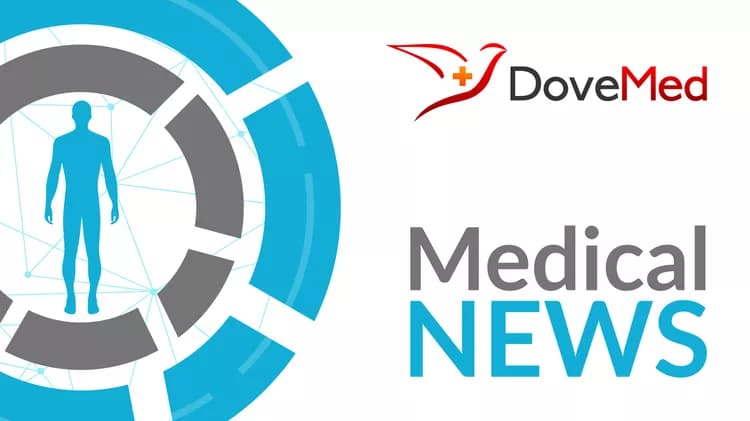
Sunlight And Plastic: The Risky Combination For Bottled Water Safety
A new study delves into the potential health risks posed by the release of volatile organic compounds (VOCs) from plastic water bottles when exposed to sunlight. The research, which systematically examined the composition and toxicity of VOCs emitted under ultraviolet-A (UV-A) and solar irradiation, underscores the need for safer storage practices to ensure drinking water safety.
Plastic water bottles are ubiquitous due to their convenience, yet they harbor potential risks. Sunlight exposure can lead these containers to degrade and emit volatile organic compounds (VOCs), which are potentially detrimental to human health. The booming bottled water market underscores the urgency for safer alternatives. In response to these concerns, there is a pressing need for in-depth research into more secure materials and production methods for water containers.
A new research (DOI: 10.1016/j.eehl.2024.01.005) by the Guangdong Key Laboratory of Environmental Pollution and Health, Jinan University, and published in Eco-Environment & Health on 8 February 2024, provides fresh insights into how sunlight can transform plastic water bottles into sources of air pollution.
The research analyzed the VOCs released from six types of plastic water bottles subjected to UV-A and sunlight. Results showed that all tested bottles emitted a complex mixture of alkanes, alkenes, alcohols, aldehydes, and acids, with significant variations in VOC composition and concentration among the bottles. Notably, highly toxic VOCs, including carcinogens like n-hexadecane, were identified, highlighting serious health risks. Prolonged exposure scenarios indicated an increased concentration of VOCs, pointing to a growing cumulative risk.
Dr. Huase Ou, the lead researcher, remarked, "Our findings provide compelling evidence that plastic bottles, when exposed to sunlight, can release toxic compounds that pose health risks. Consumers need to be aware of these risks, especially in environments where bottled water is exposed to sunlight for prolonged periods."
This study not only casts light on the chemical stability of polyethylene terephthalate (PET) bottles but also carries significant implications for public health and safety regulations. Understanding the conditions under which these VOCs are released can guide the improvement of manufacturing practices and material selection for bottled water containers. Furthermore, it underscores the need for enhanced consumer awareness and stricter industry regulations to reduce exposure to these potentially harmful compounds.
###
References
DOI
10.1016/j.eehl.2024.01.005
Original Source URL
https://doi.org/10.1016/j.eehl.2024.01.005
Funding information
This project is supported by the National Natural Science Foundation of China (Grant No. 42377373) and Southern Marine Science and Engineering Guangdong Laboratory (Zhuhai) (No. SML2021SP208).
About Eco-Environment & Health (EEH)
Eco-Environment & Health (EEH) is an international and multidisciplinary peer-reviewed journal designed for publications on the frontiers of the ecology, environment and health as well as their related disciplines. EEH focuses on the concept of "One Health" to promote green and sustainable development, dealing with the interactions among ecology, environment and health, and the underlying mechanisms and interventions. Our mission is to be one of the most important flagship journals in the field of environmental health.
JOURNAL
Eco-Environment & Health
DOI
10.1016/j.eehl.2024.01.005
SUBJECT OF RESEARCH
Not applicable
ARTICLE TITLE
Characterizing the photodegradation-induced release of volatile organic compounds from bottled water containers
ARTICLE PUBLICATION DATE
8-Feb-2024
COI STATEMENT
The authors declare that they have no competing interests.
Related Articles
Test Your Knowledge
Asked by users
Related Centers
Related Specialties
Related Physicians
Related Procedures
Related Resources
Join DoveHubs
and connect with fellow professionals

0 Comments
Please log in to post a comment.